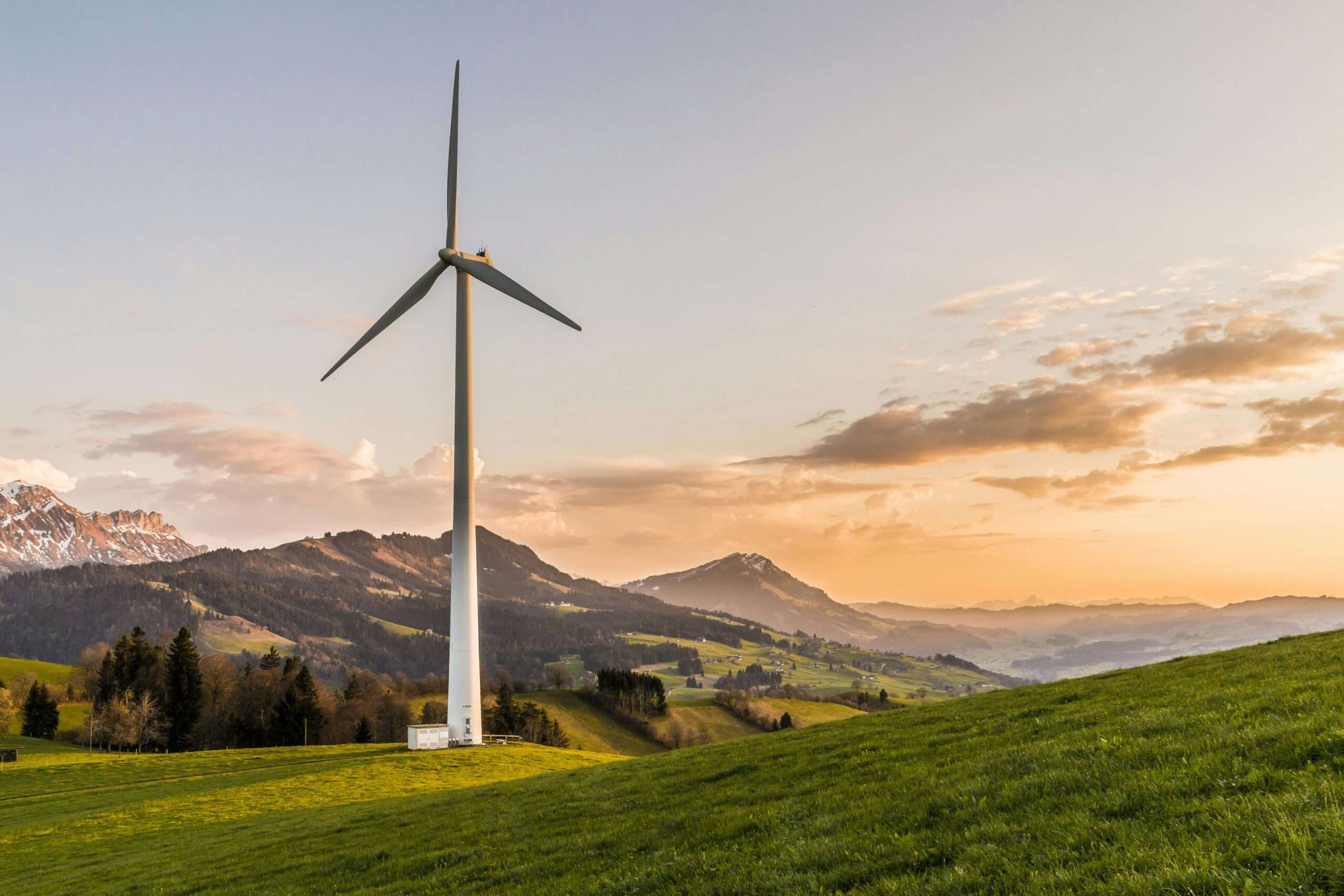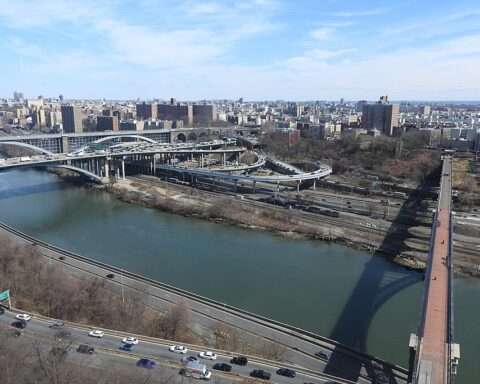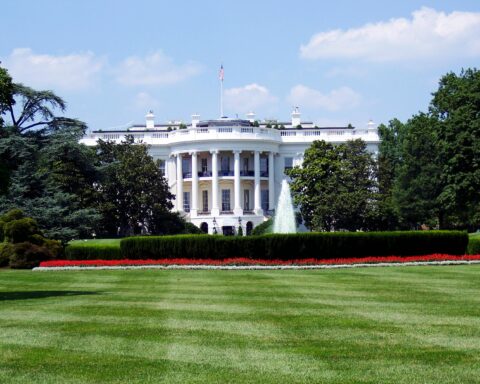The U.S. Department of the Interior (DOI) has proposed rescinding the 2024 Public Lands Rule, officially called the Conservation and Landscape Health Rule, which recognized conservation as a “use” of federal lands. Agency officials say the rule had curtailed access for energy development, grazing, recreation and other traditional land uses, and that reversing it will restore balance in land management.
In a Sept. 10 statement, the DOI cited regulatory uncertainty and what it described as unfair constraints on livelihoods tied to public lands as its reasoning. A 60-day public comment period follows the proposed rescission from the Bureau of Land Management (BLM).
Federal law mandates that federal public lands be managed for multiple uses, including economic, environmental and recreational purposes. The DOI argues that the Public Lands Rule, which designated conservation as an official use, put too much emphasis on protection at the expense of economic activities. Critics contend that elevating conservation over other uses overstepped BLM’s authority and restricted traditional land uses.
Supporters of the rule argued the rule was necessary, given increasing pressure on public lands from climate change, habitat loss, wildfires and demand for outdoor recreation. They viewed conservation as part of the balancing act required under the law. The Public Lands Rule had three main priorities: safeguarding water quality and wildlife habitat, restoring damaged lands and waterways and using scientific research to guide management.
Conservationists have raised concerns that the law’s repeal could undermine environmental protections. With fewer safeguards, natural resources could be more heavily exploited. The National Resources Defense Council (NRDC) issued a statement calling the move “a dangerous step backward.”
In the DOI release, officials highlight regions that depend on the economic value that comes from agriculture, mining and energy uses of federal land. Officials say the rule created regulatory uncertainty and reduced access to lands used for those traditional economic activities, particularly in the Western U.S.
The proposed rescission will be published in the Federal Register. The BLM will then review public and stakeholder comments before issuing a final decision, which could include changes to the rule or its full repeal.
If finalized, the measure could reopen more federal lands to traditional uses such as grazing, energy production and recreation—but environmental protections that depend on conservation as a formally recognized use may be weakened.
Observers will monitor how the DOI addresses public input, whether legal challenges emerge and the effect on communities that rely on public lands for economic activity as well as on wildlife habitat, waterways and ecosystem resilience.
Photo by Pixabay














